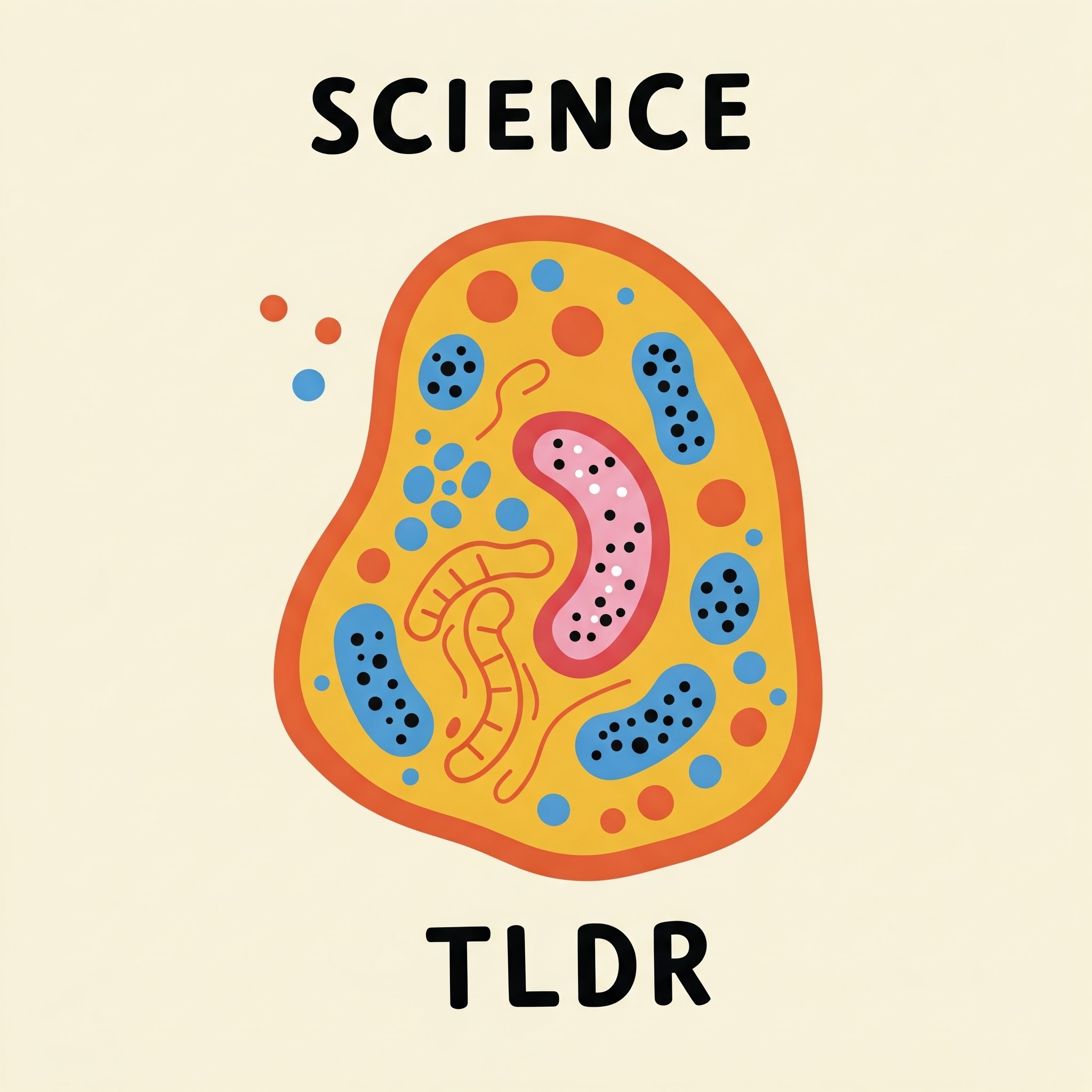Listen "Circadian tumor infiltration and function of CD8+ T cells dictate immunotherapy efficacy"
Episode Synopsis
Reference PMID: 38723627This episode explores groundbreaking research demonstrating that the efficacy of cancer immunotherapy is influenced by the time of day of administration, highlighting the critical role of circadian rhythms in shaping anti-tumor immune responses.Key Findings:The number of tumor-infiltrating leukocytes (TILs) in melanoma tumors oscillates throughout the day, peaking in the evening in mouse models.This rhythmicity is driven by the circadian clock in endothelial cells lining the blood vessels in the tumor, which regulate the expression of the adhesion molecule ICAM-1.Both the quantity and the phenotype of TILs exhibit circadian oscillations, with a more anti-tumorigenic profile present in the evening.The expression of the immune checkpoint molecule PD-1 on CD8+ T cells also oscillates, peaking in the morning and reaching its trough in the evening.Timed administration of CAR T-cell therapy and anti-PD-1 therapy in mouse models demonstrated enhanced efficacy when treatments were given in the evening, coinciding with peak TIL infiltration and a more favorable T cell phenotype.Analyses of human melanoma samples revealed that the number of TILs and the ratio of exhausted to non-exhausted CD8+ T cells also varied depending on the time of day, with a more favorable immune state predicted for the morning hours.A higher expression of the evening T cell gene signature identified in mice correlated with better response to immune checkpoint blockade in human patients.Discussion Points:The importance of considering circadian rhythms as a key factor in anti-tumor immunity and immunotherapy response.The potential of optimizing cancer treatment through chronotherapy, timing interventions to coincide with the body's natural rhythms.The need for prospective clinical trials to validate the optimal time of day for administering immunotherapies in humans.The complex interplay between different immune cell populations and their circadian regulation within the tumor microenvironment.Limitations:The primary focus on melanoma models necessitates further research to determine if these findings apply to other cancer types.The specific molecular mechanisms underlying the observed circadian oscillations require further investigation.Top Three Takeaways:Circadian rhythms have a profound impact on the tumor immune microenvironment and can influence the efficacy of cancer immunotherapies.Timing immunotherapies to coincide with peak immune cell infiltration and a more favorable anti-tumorigenic state could significantly improve treatment outcomes.This research opens up new avenues for personalized cancer treatment strategies based on an individual's circadian rhythms.Tune in to learn about this groundbreaking research and its potential to revolutionize cancer treatment by harnessing the power of our internal biological clocks!
 ZARZA We are Zarza, the prestigious firm behind major projects in information technology.
ZARZA We are Zarza, the prestigious firm behind major projects in information technology.
